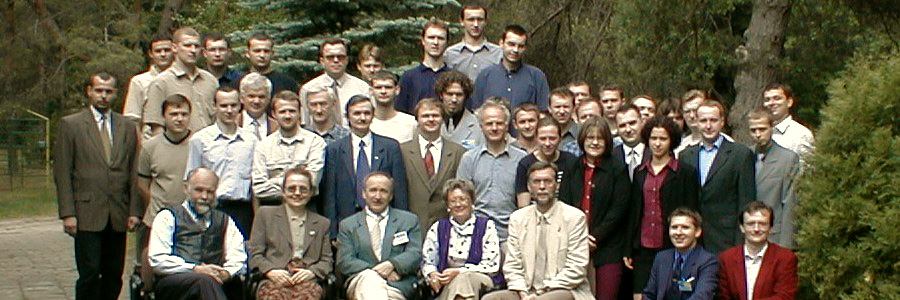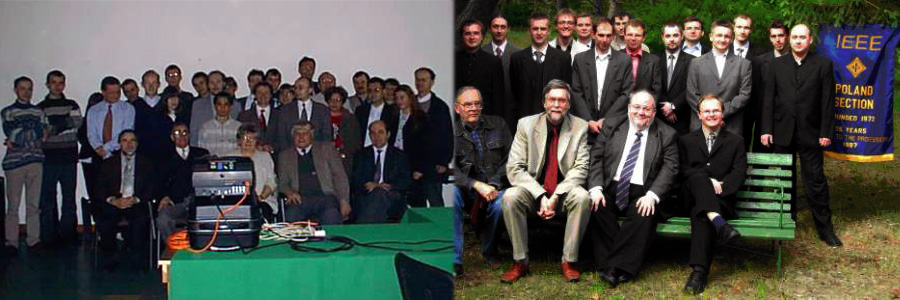











CNT fibers p-doped with F4TCNQ (2,3,5,6-Tetrafluoro-7,7,8,8-tetracyanoquinodimethane)
Films and fibers made of carbon nanotubes were found to be promising materials for future electrical and electronic engineering. Despite of many advantages provided by these materials, they are not without problems. The biggest issue is that the macroscopic CNT structures, such as films or fibers, have much lower electrical conductivity values than it is for individual carbon nanotubes. And therefore researchers worldwide try to increase electrical properties of those macroscopic structures. One of the approaches scientists are currently investigating is chemical doping. Despite chemical doping has been already reported there is still a huge list of compounds that are capable to increase the conductivity values and has not been tested yet. In this work one of such compounds has been examined. It is a strong p-dopant 2,3,5,6-Tetrafluoro-7,7,8,8-tetracyanoquinodimethane (F4TCNQ). The solution of F4TCNQ in three different solvents (chloroform, acetic acid and dimethylsulfoxide) has been prepared and applied on purified CNT films. Both electrical conductivity and specific conductivity was measured. The best electrical conductivity value achieved is 5,24•106 S•m-1. Samples were also observed under SEM.
Author: Sandra Lepak









